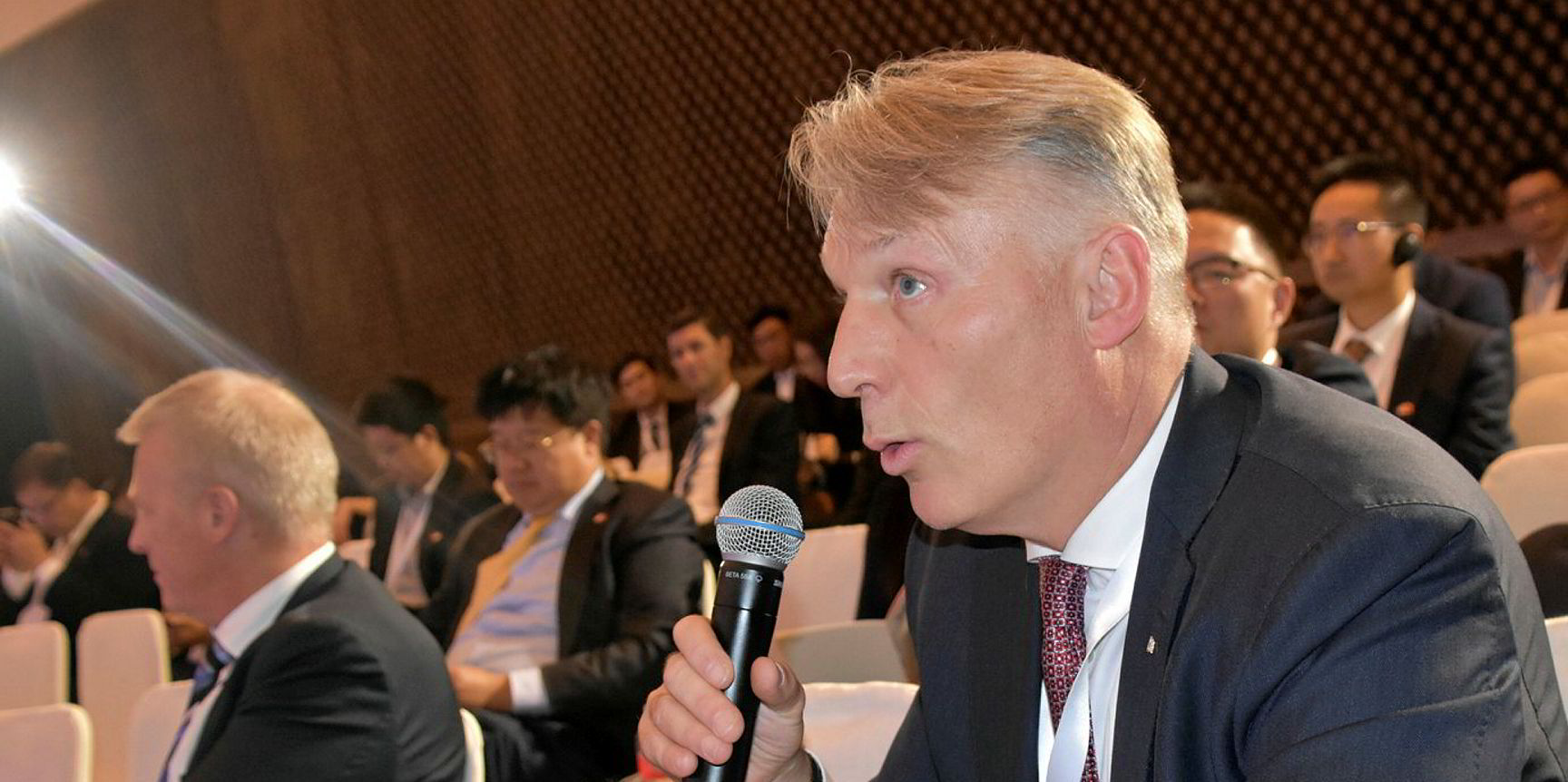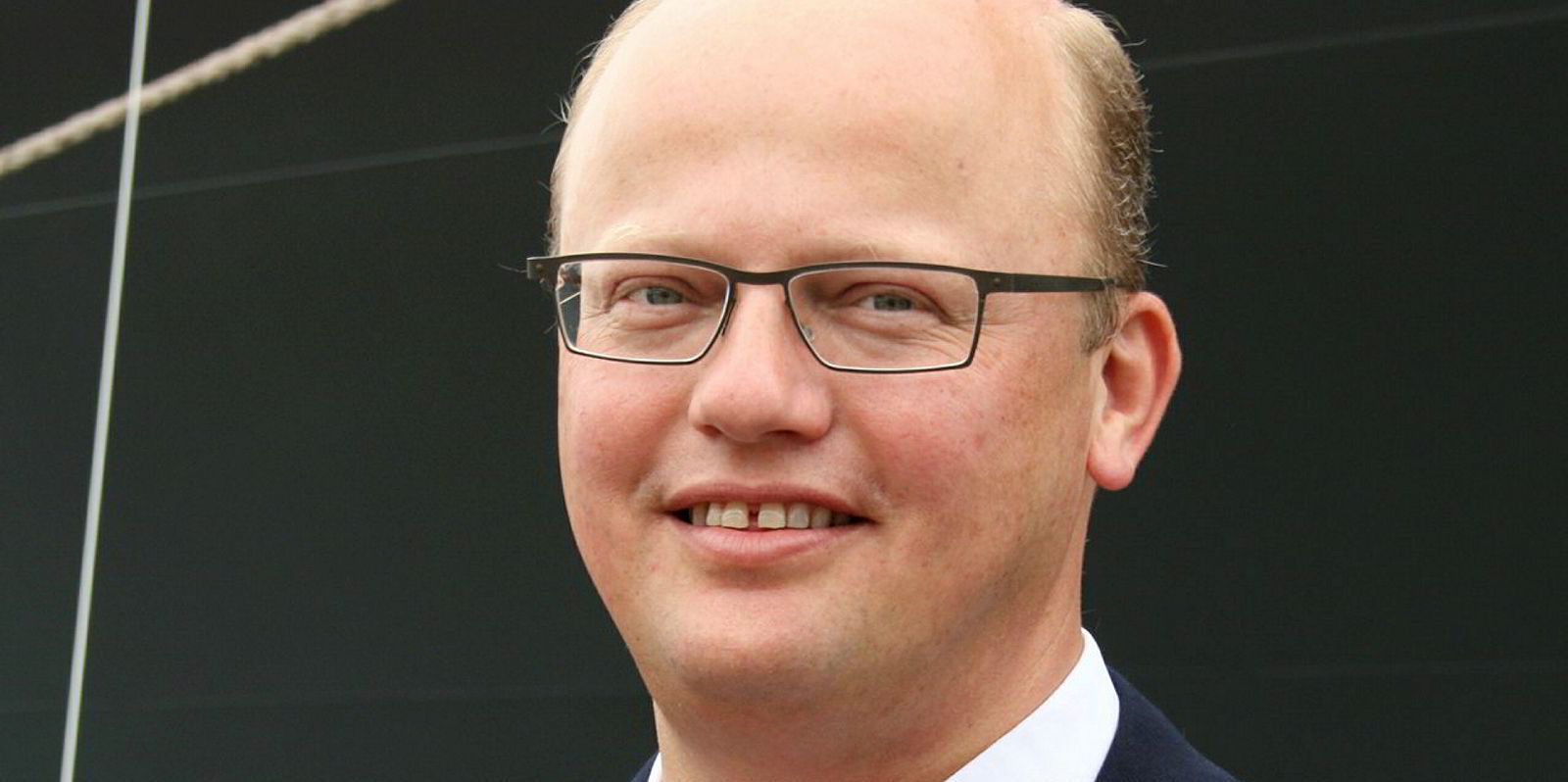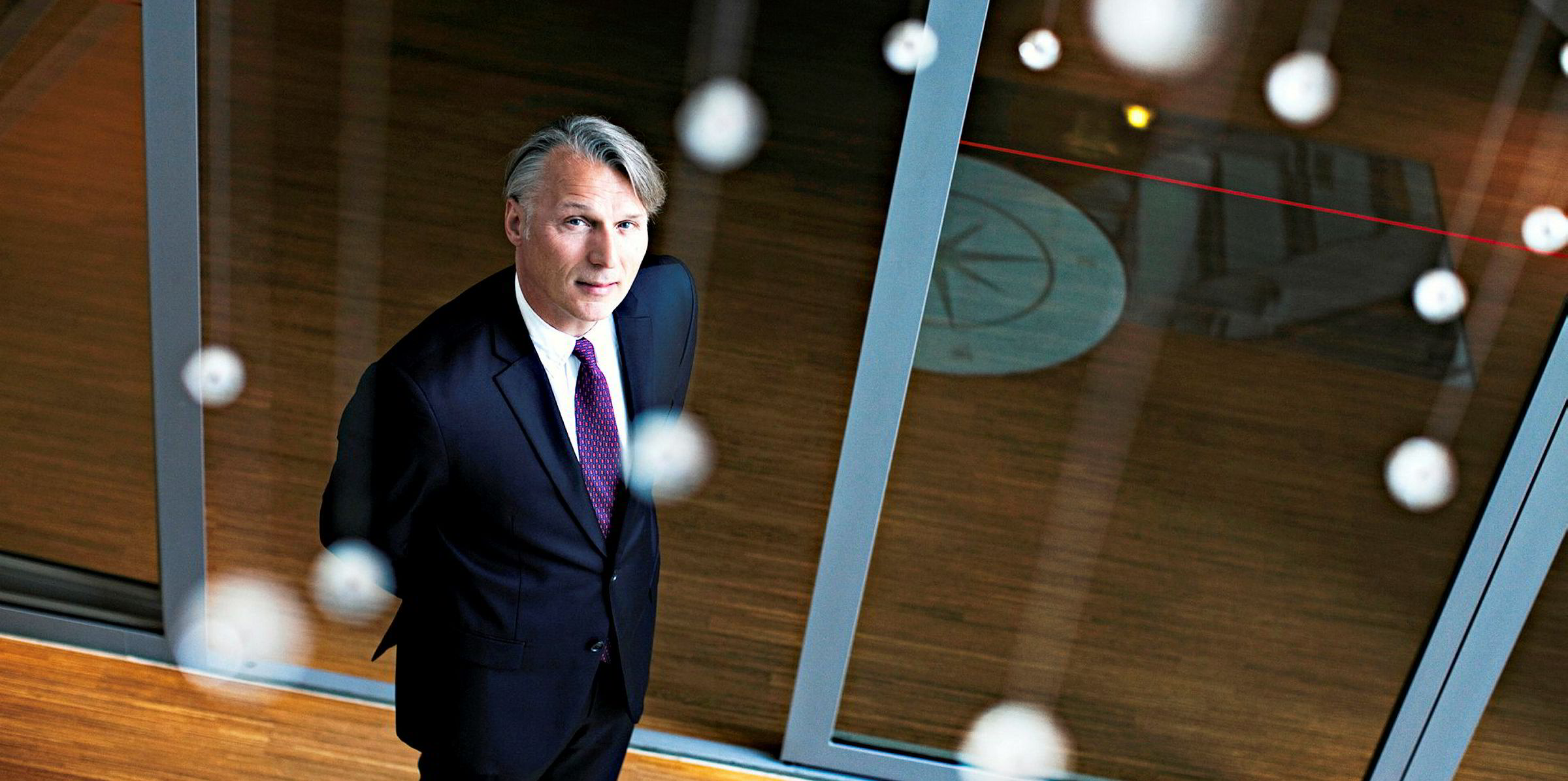Hoegh LNG is back in the black after a strong third quarter that saw its results recover from a series of expensive dry dockings earlier this year.
The owner of floating storage and regasification units (FSRUs) posted net profit of $3.2m for the three-month period, just under half of what it recorded during the same quarter of 2018.
“Hoegh LNG’s results for [the third quarter of 2019] shows strong improvement compared to the previous quarter due to no negative one-off effects and solid operating performance across the fleet," chief executive Sveinung Stohle said in Hoegh's quarterly report.
The Oslo-listed company posted a $3.6m loss in the second quarter on the back of dry docking and off-hire expenses.
Stohle said Hoegh LNG was seeing "continued healthy demand" for FSRUs in the market and revealed the company is participating in the formal tender process for two new projects.
"The rapid growth in the LNG market continues with 15% volume growth year to date, driven by more LNG coming to the market at competitive prices, which supports continued demand for LNG, particularly in the high-growth economies in Asia," Stohle said.
The company has declared a dividend of $0.025 per share for both the third and fourth quarter of 2019.
Derivative losses hit its MLP
However, Hoegh LNG Partners, the New York-listed master limited partnership sponsored by Hoegh LNG, saw its third quarter results hit by lower income from joint ventures.
Having booked unrealised losses on derivative instruments, the ventures that own the FSRU Neptune (built 2009) and Cape Ann (built 2010) booked earnings of $600,000 in the third quarter compared with $4m in the same period of 2018.
Hoegh LNG Partners posted net profits of $10.2m in the third quarter, a drop from $16.6m a year earlier. It recorded operating income of $23.4m in the period, a decline from $28.7m a year before.
However, if the impact of derivatives was excluded, the partnership’s net profits would have only decreased by $300,000 year-on-year to $15.9m.
“Driven by environmental and cost arguments, demand for FSRU services continues to be strong, enabling importing countries to access global LNG markets in a cost effective and quick manner,” the partnership’s chief executive Steffen Foreid said.
“With an established platform of long-term contracts, Höegh Partners is well positioned to maintain its leadership position in the FSRU sector as growth opportunities crystalise.”
Hoegh Partners distributed a dividend of $1.76 per unit for the third quarter, same as the previous quarter.






